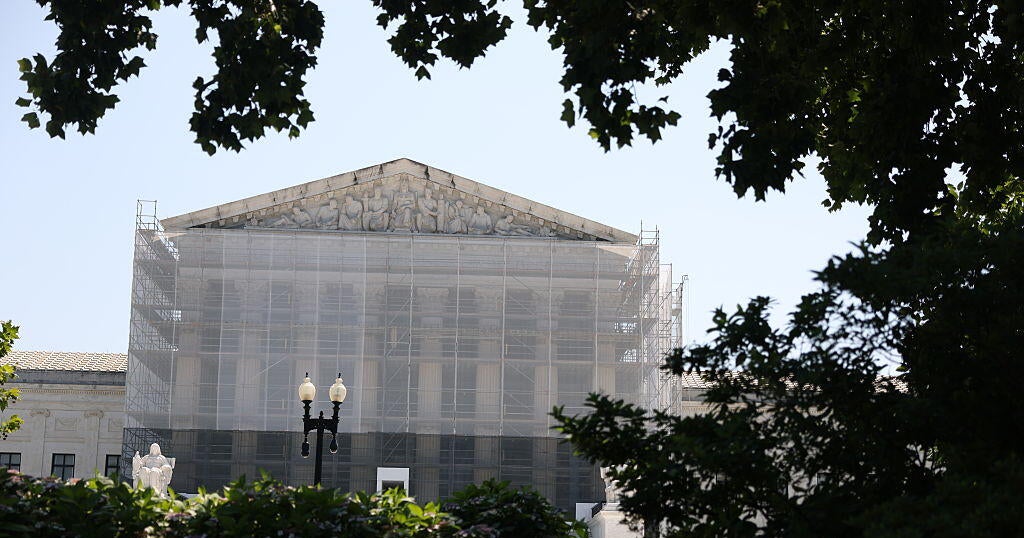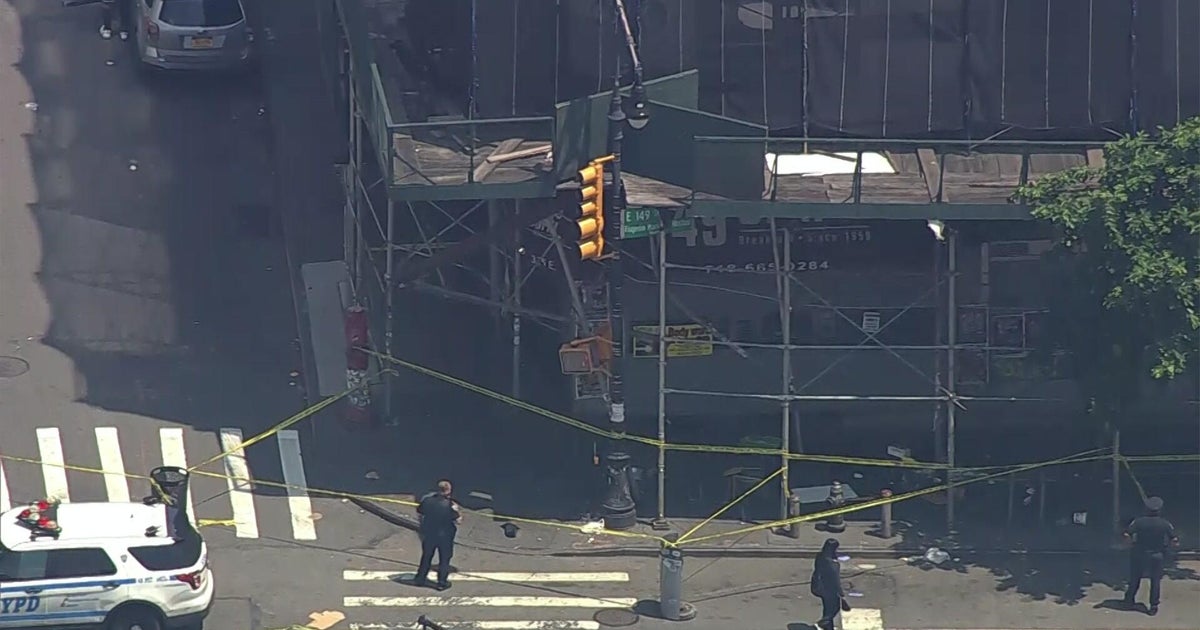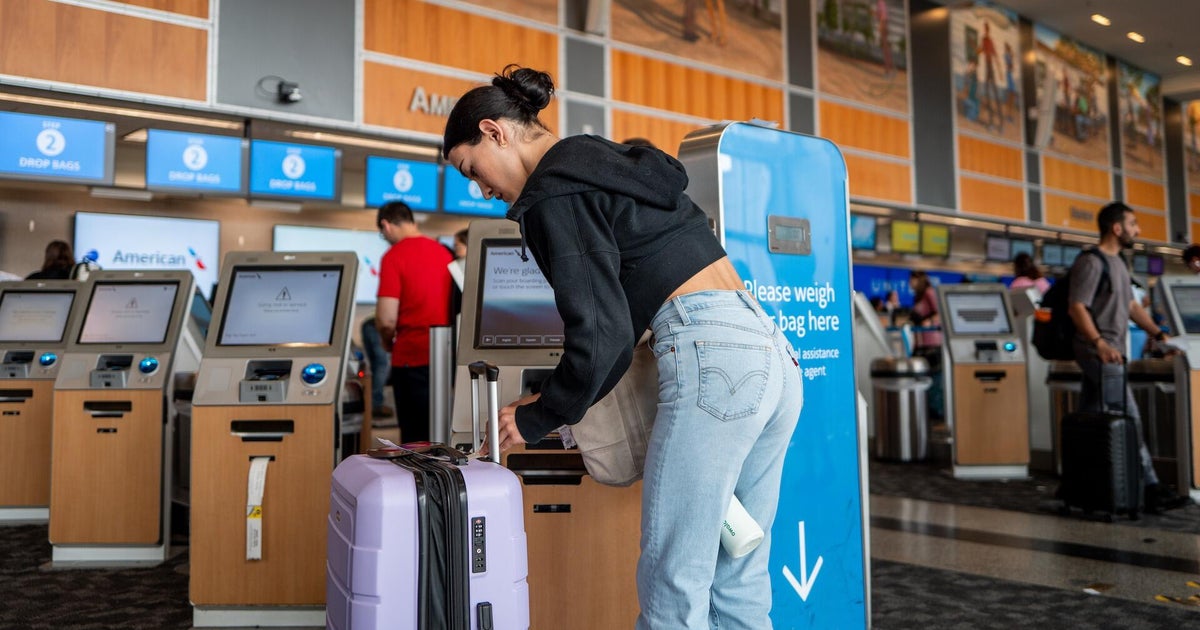Trump's War On The Press Might Feel Unprecedented, But It's Not

President Donald Trump speaks to reporters on the South Lawn before boarding Marine One and ... More departing the White House on July 01, 2025. (Photo by Anna Moneymaker/Getty Images)
Getty ImagesThe newly announced $16 million settlement between CBS News and President Trump — over an edited 60 Minutes segment with Kamala Harris that Trump claimed was misleading — might look like yet another media skirmish involving a president who’s made press intimidation a hallmark of his playbook.
But while it’s easy to wring one’s hands over what looks like yet another erosion of the free press courtesy of Trump, it’s important to remember: He’s not the first president to wage war on the media. And he definitely won’t be the last.
Basically, it’s worth keeping in mind some perspective here.
Now in his second term, Trump is certainly using the levers of federal power to reshape the media, sideline critical voices, and pressure newsrooms through lawsuits and regulatory threats. As The Wall Street Journal editorial board put it: “The President is using government to intimidate news outlets that publish stories he doesn’t like. It’s a low move in a free country with a free press.”
CBS says its Harris segment was edited for time, a standard industry practice. But Trump had leverage and decided to use it: The case landed just as CBS’s parent company, Paramount, was seeking government approval for its merger with Skydance. Trump got his pound of flesh, while CBS was essentially forced to pay a tax to pave the way for its merger.
As unsettling as this moment may feel, though, it’s actually not without precedent — presidents have long clashed with the press whenever coverage has cut too close to the bone. And some have gone much farther than Trump.
Thomas Jefferson, for example, was once a free press champion before newspapers of the time turned against him. He used political influence to support libel prosecutions against unfriendly editors, steered government printing contracts to sympathetic newspapers, and privately derided the press as a “polluted vehicle” of falsehoods. “Nothing can now be believed which is seen in a newspaper,” he wrote in 1807.
During the Civil War, meanwhile, Abraham Lincoln authorized the suspension of habeas corpus and allowed military authorities to arrest civilians including journalists without trial. His administration also shut down newspapers critical of the Union war effort and detained editors who were seen as sympathetic to the Confederacy.
Woodrow Wilson signed the Espionage Act, which would later be weaponized to punish too-critical journalism, while Richard Nixon used federal agencies to spy on and discredit reporters. Even President Obama, widely seen as media-friendly, clashed with the press in his own way.
The Obama administration aggressively pursued leakers, seized journalists’ phone records, and labeled one Fox News reporter a “co-conspirator” in a leak investigation. While Obama avoided Trump’s bombastic style of media bashing, his White House still used institutional power along these lines to the fullest degree.
Trump, by contrast, doesn’t seem to have any interest in precedence or subtlety. He’s rewritten the rules of presidential-media engagement — replacing traditional White House briefings with podcast interviews, settled lawsuits on political terms, and called for pushing out network executives who don’t play ball. The CBS settlement, which coincided with a very particular regulatory dependency, highlights how Trump is not just fighting the media — he’s reshaping the incentives that govern it.
The WSJ was right to call this a “low move.” But it’s not an unprecedented one. Presidents like Trump will always fight the press. The more interesting question is who’s still willing to push back.








